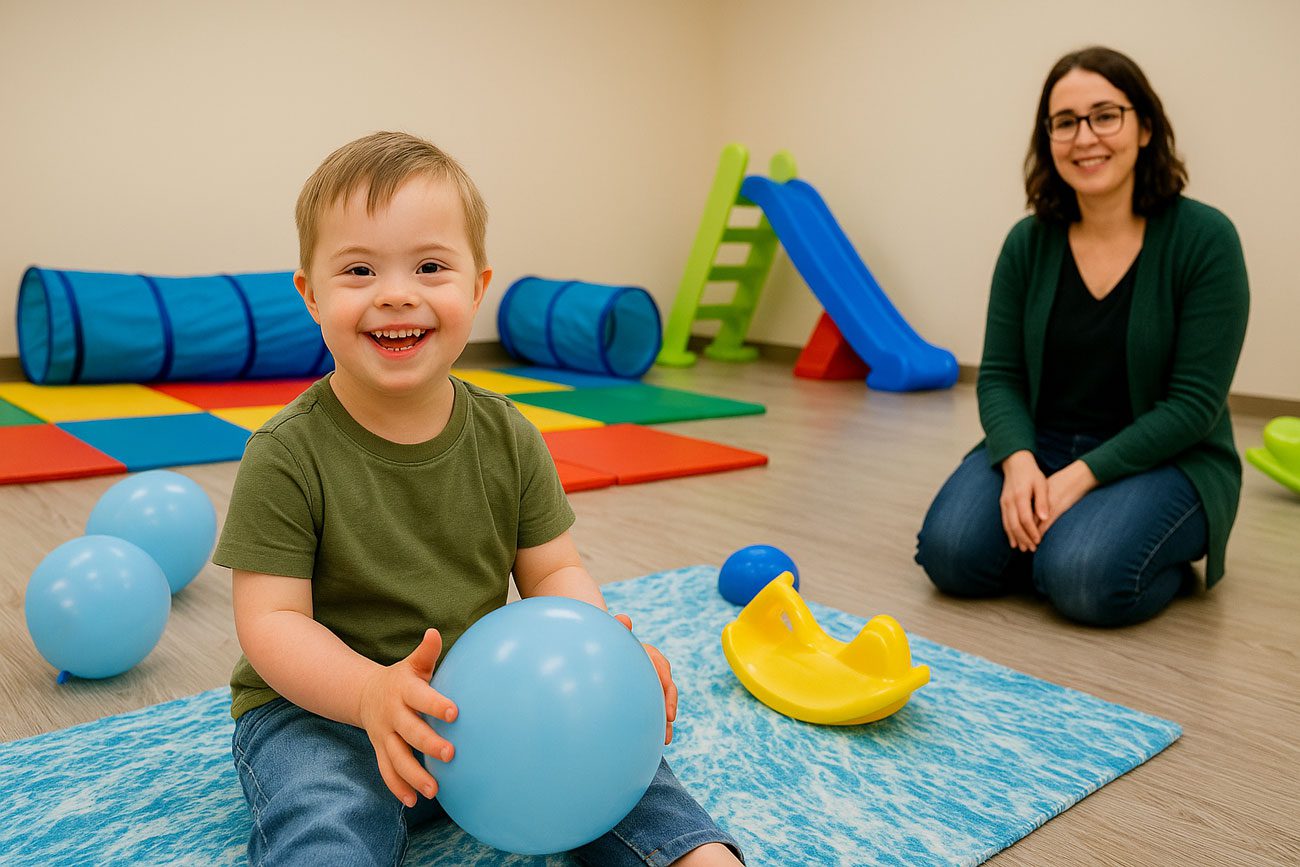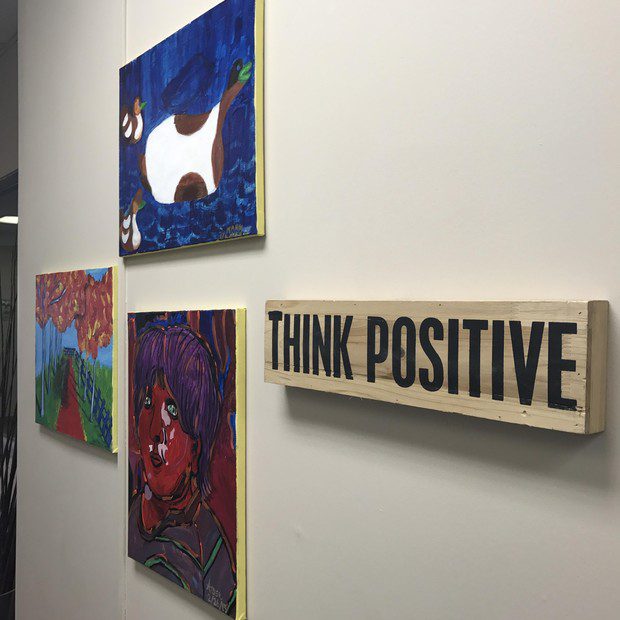
Transitioning Special Needs Clients to a Group Home

Mar 06, 2018
Making the decision to place your loved one in a group home is a big step.
At Entrust, we understand the weight of this decision on both you and your loved one and do everything we can to be transparent, supportive, and compassionate.
Transitioning to a residential care program is stressful.
For clients in particular, transitioning to a residential care program is stressful. It shakes up routines and places them in a new, unfamiliar environment. To manage the stressors associated with the move, we take extra care in slowly introducing clients into their new homes. A great deal of attention is given during initial meetings to really get to know our clients in an effort to provide them with the best care possible.
Transition Plans
All new clients receive a customized and detailed Transition Plan which could include the following:
1. Visits to the group home before full placement
Slowly helping clients feel comfortable
Planning for short visits to their new group home is a great way to help your loved one get familiar with the environment. This is a transition that doesn't happen overnight, and slowly helping them feel comfortable and excited about their new space is important. After your loved one is matched with a program, they are then matched with a group home and housemates. We always include an introductory tour of houses.
2. Creating a Transition Story
For many of our clients, weaving a bit of a story about their move to a new home and introducing their new friends is an effective way to help them understand and be prepared for this upcoming change. These Transition Stories do not need to be complicated in order to be effective, as long as they are repetitive, easy to grasp, and outline the changes in routine they will be experiencing.
3. Use of visual aids
Particularly helpful with our non-verbal clients, we also provide visual aids in group homes. Again, these are simple graphics that help form associations with their new environment and routines. We often provide pictures of our staff and new housemates to help in the familiarization as well.
4. Special dietary accommodations
Our care providers really go the extra mile for our clients. Being in a new place is a big change, and bringing the comforts of home makes a big difference. We regularly make dietary accommodations like preparing the family's favourite comfort foods for our clients!
5. Custom sensory supports
Everyone is different when it comes to their preferences
Everyone is different when it comes to their preferences. We will identify in the Transition Plan the little details of the environment that will need to be adjusted for your loved one. For instance, in the past we have replaced the lighting throughout a group home with duller bulbs.
Moving a loved one into a group home is uncharted territory for many people, which makes the need for a thorough Transition Plan essential. The most important thing for our team is that you and your loved one are comfortable and confident every step of the way.
Please give us a call or contact us with a quick email if you have any questions about our process.
